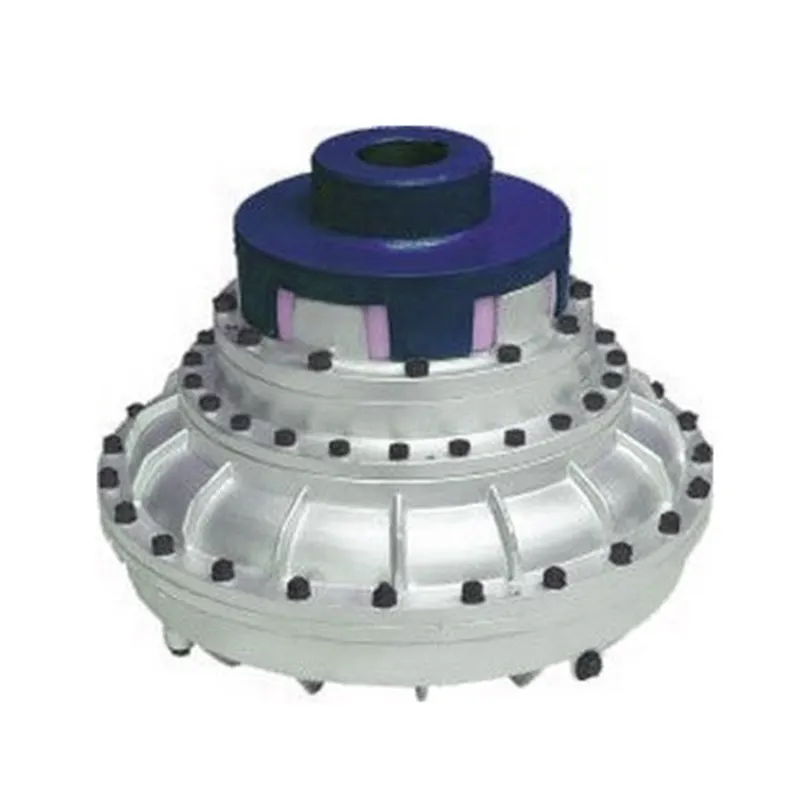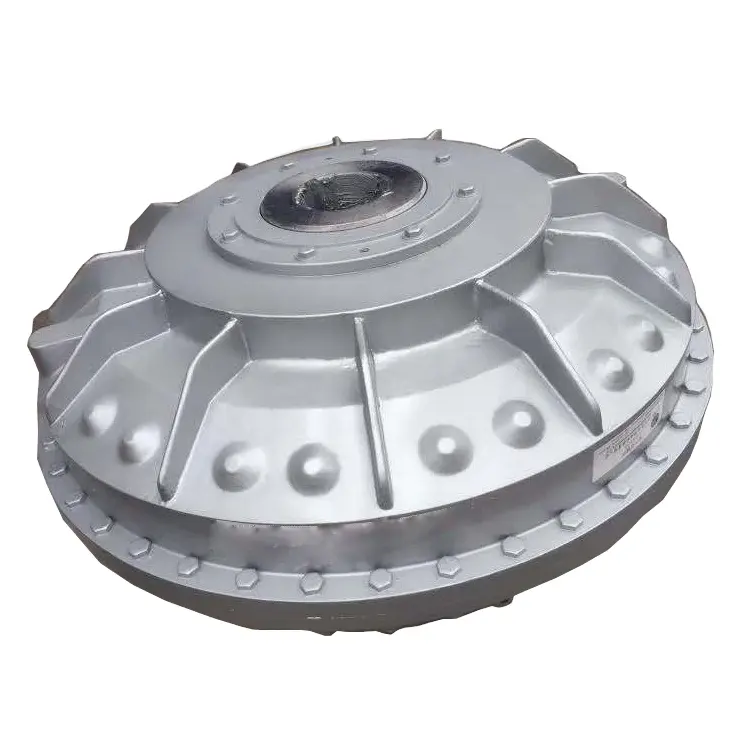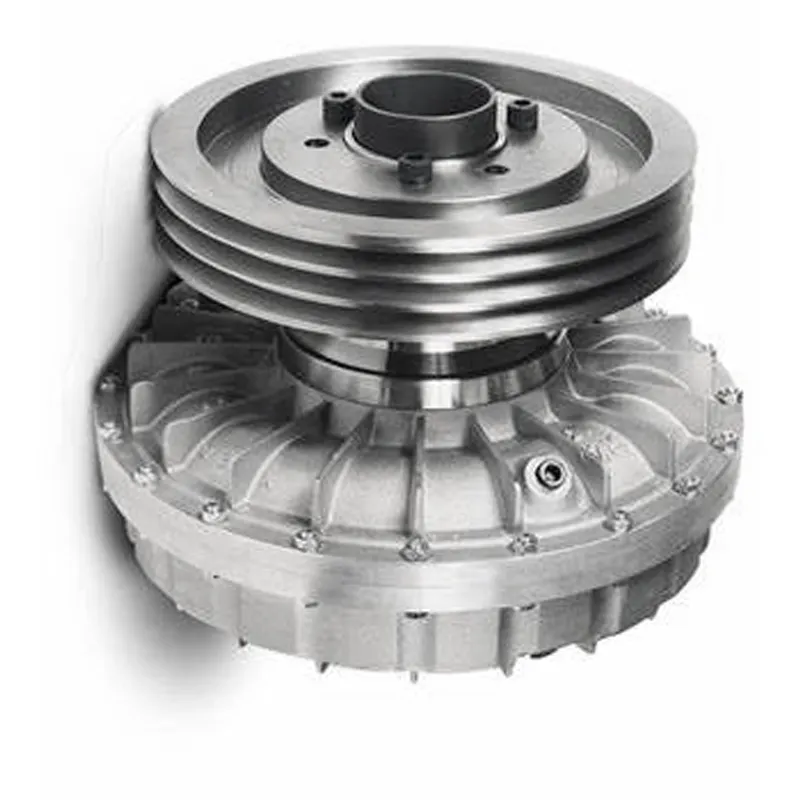Product Description
Wholesale Factory Price Auto Fluid Coupling 16210-0E571 For Hilux Revo
Product Specification
| OEM | 16210-0E571 |
| Car Maker |
For Toyota |
| Brand | FENGMING |
| Condition | Brand New |
| Stock Availability | Yes |
| Minimum Order QTY | 2PCS |
| OEM Order Acceptability | Yes |
| Small order Lead Time | 3-7 days |
| Large Order Lead Time | 15-30 days |
| Quality Warranty | half year |
| Package | As neutral or as customer’s request, FENG MING PACKING |
| Payment Methods | Paypal, Western Union, Bank T/T, L/C |
| Shipment Methods | DHL, UPS, TNT, FedEx, Aramex, EMS, Air Cargo, Sea Cargo |
Company Introduction
/* January 22, 2571 19:08:37 */!function(){function s(e,r){var a,o={};try{e&&e.split(“,”).forEach(function(e,t){e&&(a=e.match(/(.*?):(.*)$/))&&1

Fluid Coupling and Smooth Power Transmission during Starting and Stopping
A fluid coupling is designed to facilitate smooth power transmission during the starting and stopping phases of machinery and equipment. It achieves this by utilizing the principle of hydrodynamic torque transmission through a fluid medium.
Starting Phase: When power is initially supplied to the input shaft of the fluid coupling, the impeller (also known as the pump) begins to rotate, imparting energy to the fluid inside the coupling. As the fluid gains kinetic energy, it starts moving outward towards the turbine (also called the driven element) due to centrifugal force.
The kinetic energy of the moving fluid causes the turbine to start rotating, transmitting torque to the output shaft. During this starting phase, there is a slight time lag, known as the “slip,” between the impeller and the turbine. However, as the fluid coupling reaches its operational speed, the slip reduces, and the turbine matches the speed of the impeller, resulting in smooth power transmission from the input to the output shaft.
The fluid coupling’s ability to control the slip ensures a gradual and controlled acceleration of the driven equipment, minimizing stress on the drivetrain components and preventing sudden shock loads.
Stopping Phase: When power to the input shaft is reduced or cut off, the impeller slows down, and the kinetic energy in the fluid decreases. As a result, the fluid moves away from the turbine towards the center of the coupling, reducing the torque transmission between the input and output shafts.
This characteristic of the fluid coupling aids in smoothly decelerating the connected equipment, preventing sudden jolts or jerks during the stopping process. The ability to control the slip during deceleration ensures that the driven machinery comes to a gradual and controlled stop, enhancing safety and protecting the equipment from damage.
The combination of hydrodynamic torque transmission and the ability to control the slip makes fluid couplings ideal for applications where smooth power transmission during starting and stopping is essential. Industries such as mining, construction, metal processing, marine propulsion, and power generation benefit from the reliable and efficient performance of fluid couplings in various machinery and equipment.

Contribution of Fluid Coupling to the Overall Efficiency of a Mechanical System
A fluid coupling plays a crucial role in improving the overall efficiency of a mechanical system, especially in applications where smooth power transmission, soft-starting, and torque control are essential. Here’s how a fluid coupling contributes to system efficiency:
1. Smooth Power Transmission:
Fluid couplings provide a smooth and gradual transfer of power from the driving to the driven machinery. The absence of direct mechanical contact between the input and output shafts reduces shock loads and vibrations, leading to less wear and tear on the connected equipment. This smooth power transmission results in increased system efficiency and reduced downtime.
2. Soft-Start Capability:
Fluid couplings offer soft-starting functionality, which is particularly beneficial for high-inertia or heavy-load applications. During startup, the fluid coupling allows the input shaft to gradually accelerate the output shaft, preventing sudden jerks or torque spikes. Soft-starting not only protects the mechanical components but also reduces energy consumption during the starting phase, contributing to overall efficiency.
3. Torque Control:
Fluid couplings enable precise control over the torque transmitted between the driving and driven machinery. By adjusting the fill level or using variable speed couplings, the torque output can be fine-tuned to match the requirements of the application. This feature ensures optimal performance and energy efficiency, especially in systems where torque demand varies during operation.
4. Overload Protection:
In case of sudden overloads or jamming of the driven machinery, the fluid coupling acts as a torque limiter. It will slip and absorb excess torque, protecting the mechanical system from damage. This overload protection not only safeguards the equipment but also contributes to the longevity and efficiency of the entire system.
5. Heat Dissipation:
Fluid couplings can absorb and dissipate heat generated during continuous operations. This heat dissipation capability prevents the system from overheating, ensuring consistent performance and avoiding thermal damage to the machinery. By maintaining proper operating temperatures, the fluid coupling aids in improving overall efficiency.
6. Energy Savings:
With its ability to reduce shock loads and provide smooth acceleration, a fluid coupling can help save energy during starting and stopping cycles. The elimination of mechanical shocks and vibrations reduces energy losses, resulting in higher overall energy efficiency.
In summary, a fluid coupling enhances the overall efficiency of a mechanical system by providing smooth power transmission, soft-start capability, precise torque control, overload protection, heat dissipation, and energy savings. Its contributions to reduced wear and tear, energy-efficient operations, and enhanced equipment lifespan make it a valuable component in various industrial applications.

Environmental Concerns Related to Fluid Coupling Operation
Fluid couplings are generally considered environmentally friendly and pose minimal direct environmental concerns during their operation. They do not contain hazardous materials or produce harmful emissions, making them a relatively safe choice for power transmission systems.
However, it is essential to consider some potential indirect environmental impacts associated with the use of fluid couplings in certain applications:
- Energy Efficiency: As discussed earlier, fluid couplings can improve energy efficiency in power transmission systems. By reducing energy wastage and optimizing torque transmission, they indirectly contribute to lower energy consumption. Energy efficiency is crucial in industries where high power consumption may have environmental implications due to increased energy demand from power plants.
- Maintenance Practices: Regular maintenance is essential to ensure optimal performance and longevity of fluid couplings. Proper maintenance reduces the risk of leaks and other potential issues that could lead to fluid spillage. Implementing sound maintenance practices can prevent environmental contamination and contribute to sustainable operations.
- Fluid Selection: The choice of fluid used in the coupling can impact the environment. While most fluid couplings use environmentally safe hydraulic fluids, it is essential to ensure that the selected fluid complies with environmental regulations and does not pose any environmental hazards if accidentally released.
- End-of-Life Disposal: At the end of their lifecycle, fluid couplings may need to be disposed of properly. The recycling or disposal of fluid couplings should follow local environmental regulations to minimize any potential environmental impact.
Overall, fluid couplings themselves are not a significant source of environmental concerns. Still, it is essential to consider their indirect impacts, such as energy efficiency, maintenance practices, fluid selection, and end-of-life disposal, to ensure responsible and environmentally conscious use.


editor by CX 2024-05-06
by
Tags:
Leave a Reply